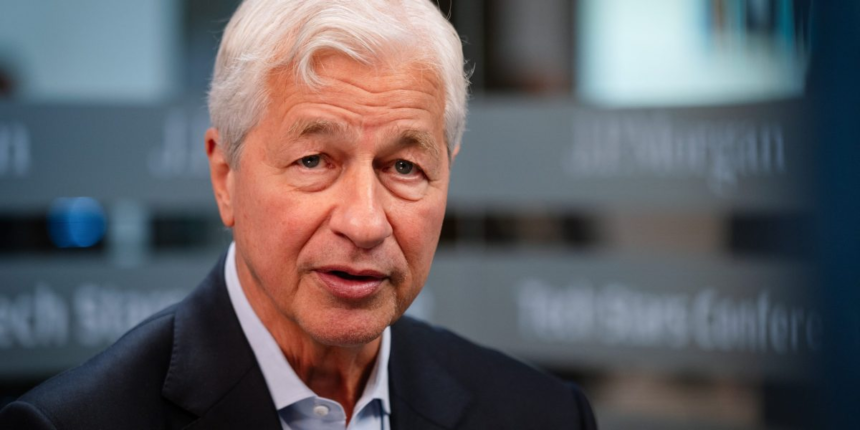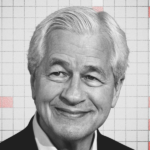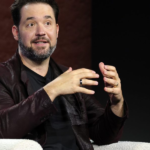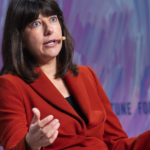“It will eliminate jobs,” Dimon said, pointing out that so did tractors and cars, once upon a time. “It happens too fast,” he said, referring to sudden, disruptive technological change. He urged society, government, and business to “figure out how we can save jobs,” whether that’s through retraining, a new form of income, early retirement, he said there’s a need for “something—you can’t just take all these people and throw them on the street … making $30,000 a year when they were making [$150,000], you’ll have a revolution.”
He insisted that the breakthrough is genuine and worth taking seriously. “AI itself is real,” he declared, making clear that he sees the underlying technology as both transformative and enduring. “You should be using it,” he said, speaking to any business that was listening. But he added a caveat, saying that back in 1996, “the internet was real,” and “you could look at the whole thing like it was a bubble.” Then he broke down the real difference that he sees—between AI, on the one hand, and generative AI, on the other. It’s an important distinction, Dimon said, while adding that “some asset prices are high, in some form of bubble territory.”
The CEO made a crucial distinction, saying that his bank has applied AI to “very specific things” such as risk and fraud and marketing, and he’s seen that it works. He argued that AI adoption is sometimes hard to distinguish from pure procedural improvement, likening it to going into a new work stream, “and all of a sudden your headcount’s down 40%.”
For Dimon, agility and humility are paramount in this era of rapid change. “Use it. Get good at it. Make it part of your tool set, your weapon set, and you’ll learn. It’ll get better all the time.” He advised fellow executives to make ongoing investments in training and adaptation. JPMorgan has even begun sending managers to AI “master classes” to deepen their skills and broaden organizational expertise.
As the global AI investment boom continues to lift markets—accounting for an estimated 40% of U.S. GDP growth in 2025—Dimon’s voice stands out for its candor and caution. Ever the pragmatist, he called for thoughtful regulation, robust safety nets, and deliberate planning to mitigate AI’s impacts and harness its opportunities. For policy and corporate leaders alike, Dimon’s message is unmistakable: The AI era is here, and the worst response is denial or delay.









